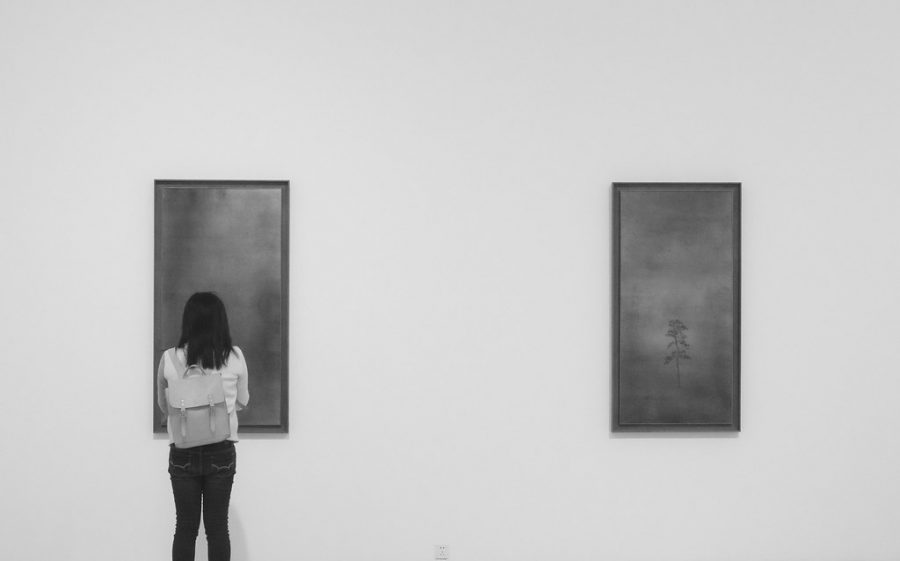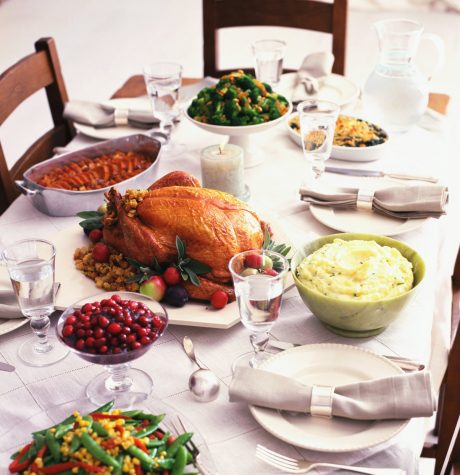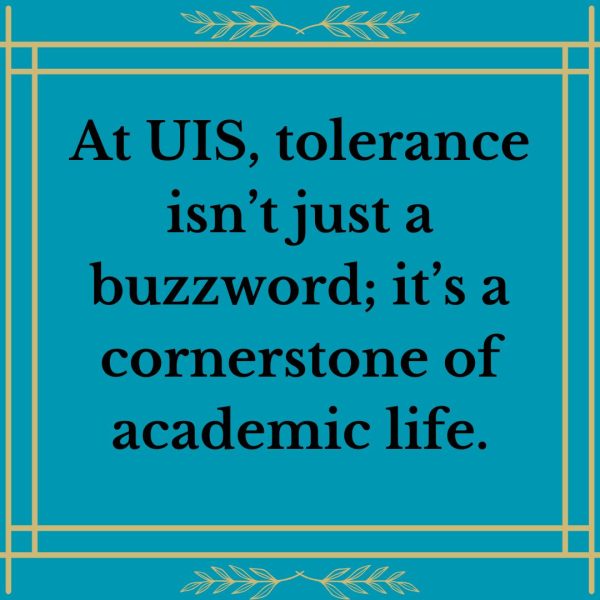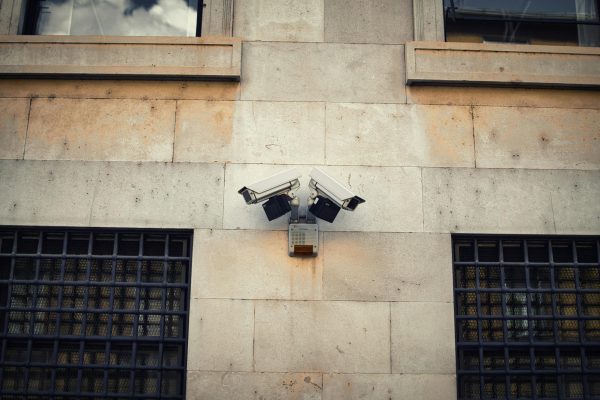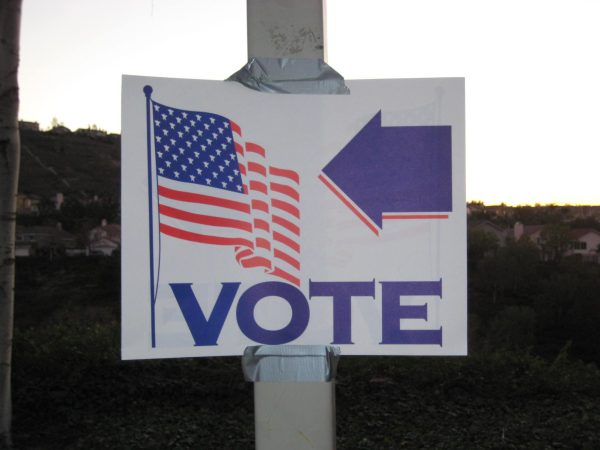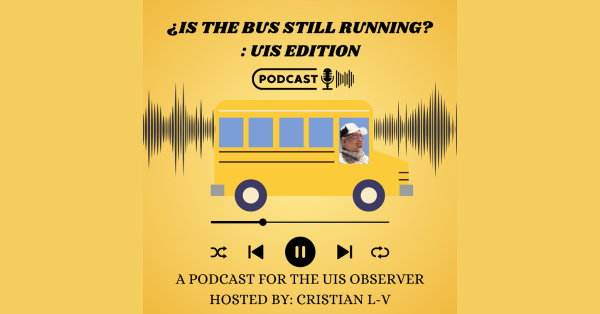Minimalism: A Means to Declutter One’s Life
So what is minimalism? It’s a very simple concept: to become a minimalist you have to live with less than 100 things, you cannot own a car, a home, you can’t have a career, you have to write a blog, you can’t have children. Okay, I’m joking-obviously. But the wrong perception about minimalism people have is that they always mention any of the above “restrictions” as to why they could “never be a minimalist”. If you desire to live with fewer material possessions, or not own a car or a television, or travel all over the world, then minimalism can lend a hand. But that’s not the point.
Minimalism is a tool that can help you in finding freedom. Freedom from worry. Freedom from fear. Freedom from depression. Freedom from guilt. Real freedom. But, that doesn’t mean there’s anything wrong with owning material possessions.
Minimalism means decluttering the unnecessary stuff from our life which distracts us. Minimalism is intentionality. Minimalism is an intentional promotion. My philosophy of minimalism, as being a minimalist is about getting rid of excess stuff and living life based on experiences rather than the worldly possessions. It doesn’t mean that a room or a space should consist of only one chair, one table, one water bottle, and nothing else. Based on the experiences one starts to understand that which stuff is useful and which is not. Calling a person as a minimalist means their interest lies in keeping things very simple and very basic. Which means keeping less choices, wearing the same type of clothes everyday, buying the same groceries from the store. The numerous choices which you have around yourself are always superficial, they don’t matter. Being a minimalist has helped people achieve:
– Eliminate dissatisfaction
– Staying organized
– Staying productive
– Rid myself of excess stuff
– Consuming Less
– Pursuing passion
Getting rid of the excess noise from your life and having less choices can bring you happiness, peace and joy because now there is room for these things, which you created. Another misconception that people have about minimalism is that it is very boring, sterile, empty, monk-like. Not at all. Well, it can be, if you go in that direction. Minimalism is all about making choices, as mentioned earlier, that minimalism is a promotional intention, it depends on you how you want to be. With this, many people will argue that, owning a gaming laptop, an iPad, multiple shoes, and you call yourself a minimalist, again there’s no one way. Everyone must find their own path and mine is somewhat different than what others would consider a minimalist.
Reassessing the priorities can help you strip away the excess stuff – the possessions and ideas and relationships and activities that don’t bring value to your life. If you can take a day and really dedicate yourself to focusing on what’s important, you’ll likely identify a whole slew of things that are more important than accumulating physical goods, and if this is the case than it’s time to start slimming down your haul. Don’t just get rid of the stuff because you can, because by doing this, it’s most likely to result in you being sad and lonely without your things and will just end up buying new versions of them, which will support your conspicuous consumption.
Minimalism can lead you to more productivity and in that way you can accomplish more and get your stuff done. Less stuff brings you less distraction and less distraction leads you to more work done. Living with less gives you more physical space to work. Keeping your home and work place simple and neat helps you out with the environment you live in. This spacious environment is not only physical but mental too. It’s easier to produce more work on a blank page than on a page which is filled with clutter.
What’s nice about being a minimalist is that all those freed-up resources can be reapplied to the areas of your life that you care about.



